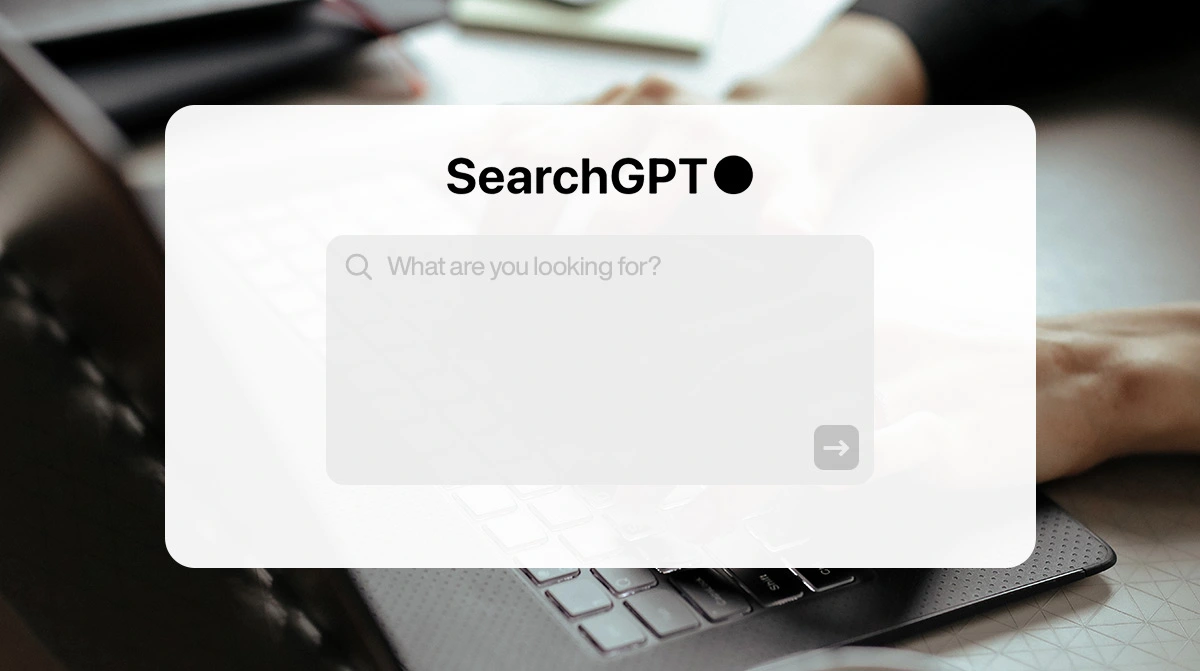Artificial intelligence (AI) is set to revolutionize the banking industry. However, as the industry adapts and learns to define best practices for this innovative technology, some difficulties will come along with that change. AI will define a bright new future for fintech that will provide unique value to the business and client sides of the industry, even though a period of transition will be required.

The Big challenge in AI Is Managing the “Threat”
The fintech industry already incorporates risk management. Risk management is a common practice in the Financial industry due to the presence of sensitive customer data and the high stakes involved in financial transactions. Fraud incidents have decreased over the past few years, but overall losses have increased. Banks suffered $16.9 billion in total fraud losses in 2019, according to research by Javelin Strategy and Research, even though there were 1.4 million fewer fraud incidents. That indicates that criminals are becoming more intelligent, and a large part of that may be attributed to their use of increasingly sophisticated technologies, such as AI.
Managing Threat
The introduction of AI in fintech poses a new problem, forcing regulatory agencies and individual financial institutions to look at fresh approaches to managing the “danger” of AI.
How exactly does AI pose a “threat” to the finance industry? They range from low-risk to challenging situations. One may envision a chatbot in a low-risk CS use case “tricking” a consumer into thinking it’s a natural person. High-risk scenarios can involve infringing on a customer’s fundamental rights to privacy or utilizing AI-enabled financial decision manipulation techniques.
To reduce these dangers related to AI in fintech, the European Union has already taken action. Some of the first standards in the world to describe how AI is utilized in the financial services industry are a set of introductory guidelines recently established by the governing body.
The risk use cases linked with artificial intelligence are broken down into a tier-by-tier pyramid in the AI Intelligence Act, which the EU proposed in early 2021. The use cases that have the most effects on fintech are those at the top and bottom of the pyramid. The “peak” of the pyramid contains regulations that forbid using AI to indirectly or actively deceive a person, including so-called “deep fakes.” The bottom of the pyramid deals with transparency in fintech applications of AI. If a financial institution uses a chatbot, for instance, in customer care use cases, the consumer must be aware that they are speaking with AI and not a natural person.
AI as Social Entity
The possibility that AI could act as a biased entity in our society is an intriguing subcategory of risk related to AI generally and AI in fintech. Why is that so? For starters, the data the AI parses already has those prejudices. Algorithms are also inherently discriminatory because they are made to categorize data and exclude it based on undesirable qualities. “The whole objective of algorithmic decision-making is to discriminate,” said Dr. Garfield Benjamin, a Solent University researcher interested in AI as a social entity. “It is to judge people according to particular characteristics like where they live, their age, and their vocation.”
In several use scenarios, it has already been observed that this propensity has led to social bias in AI. A recent study found that social preferences, such as racism and sexism, are already specified in AI robots, according to an international collaboration between universities in the U.S. and South Korea.
In what ways does this impact fintech? Consider the following use case: AI pushes financial products out to specific groups of people. Marginalized groups might not be included in these products due to a biased AI. This has already happened in the social media sphere, where ads for more expensive goods have been hidden from the view of women and people of color.
Vendors and governing bodies must work together to ensure that anti-discrimination safeguards are in place as laws and regulations surrounding AI in fintech continue to be developed. This will guarantee a just economic environment for all people dealing with AI-driven products.
Malicious AI Use
Cybercrime has been a significant danger to the financial industry since the internet, and digital financial apps were introduced. These malicious intrusions are becoming even more complicated now that AI is involved.
By adding new levels of complexity to hacker-proven old approaches, AI facilitates harmful intrusions. A recent DEF CON demonstration revealed that a single program might exploit numerous system flaws. Without any prior understanding of a system, the open-source AI tool created by Dan Petro and Ben Morris was capable of carrying out online penetration. Additionally, AI-based technologies have surfaced in the cryptocurrency industry, affecting markets and trades.
Financing institutions must employ their own AI use cases as early as possible in the digital banking lifecycle to combat these hostile intrusions. Threat identification will be accelerated by AI, which will take over the manual, human-driven work. Utilizing AI-driven systems is one of the possible use cases. Potential use cases include leveraging AI-driven systems to:
- Increase the speed of verification checks and KYC precautions
- enhancing watch lists screening for clients
- Increase your transaction monitoring efficiency to spot invasions early in the cycle.
Though AI has malicious applications, Fintech may gain the upper hand by integrating its AI-driven protections as soon as possible.
AI and the Fintech Customer
Let’s move on to the good news. How much value AI will add to the customer experience will be a crucial development in fintech in the future. Artificial intelligence is poised to add to an endless list of solutions when it comes to streamlining the customer experience and giving fintech companies a competitive edge in customer service.
The chatbot is one direct and intimate way that AI will affect the client in the financial area, as will be discussed in more depth below. Customer support departments’ first line of defence will be AI-powered chatbots, which will effectively prioritise cases and route them to real customer service representatives as necessary.
AI’s Role in Fintech’s Future
If fintech companies take the appropriate steps and put them into practice right away, the future of AI in financial services will be bright. The potential and revenues will significantly expand thanks to this technology. A McKinsey report claims that, for international banks, AI will bring value worth up to one trillion US dollars. Here are just a few of the ways that will transpire.
Technology Innovation via Software Development
Partnering with seasoned software development firms will be advantageous for fintech organizations hoping to ride the wave of AI as its use cases expand in the industry. S-PRO has already started looking into other fintech-related sectors of digital transformation sectors and other data-sensitive and data-rich industries, including healthcare and energy. Our Fintech and AI software development services enable fintech businesses to create customized solutions that directly address their operational requirements and client demand.
How AI-Powered Chatbots Will Boost the Fintech Industry?
In this new era of fintech, chatbots will be crucial, having an impact on the customer experience across the customer cycle. Chatbots will provide an automated conversational component to phone support, social media, messaging interfaces, websites, and apps. By 2023, 80% of consumer apps, according to Gartner, are expected to have chatbot components, enabling companies to increase client interaction.
AI-driven chatbots can add hyper-personalization to the CS mix by utilizing a customer’s native language, introducing complicated financial subjects in a clear and approachable manner, and generally making the customer experience more pleasant. At a financial institution, these bots will also be able to do a variety of automated duties. A “pleasant” chatbot that effectively helps the user through a procedure can manage anything from password resets to carrying out online transactions.
The Current Trends
What are some of the developments in AI in fintech that are gaining traction, given the prospects ahead? We’ll go over some of the highlights now.
Predictive analytics
Analyzing the data is necessary for making the best financial decisions. Now that AI is a reality, fintech development companies may create products that use predictive analytics to help their clients make smarter financial decisions.
What would happen in the real world with this? A financial institution might use AI-driven data to advise customers as part of an online banking app development. For instance, AI may examine a customer’s spending patterns and provide recommendations. This would affect a customer’s short- and long-term financial objectives and daily financial decisions.
Higher Automation
Manual procedures and analog workflows have long been an issue in the finance industry. Finance has arguably remained as committed to the analog as any other business. RPA, or robotic process automation, when combined with AI, would significantly reduce the need for manual work in the industry. An RPA is a group of bots that carry out repetitive workflows and then pass the data to human employees so they can review and approve the activities more quickly.
AI-Driven Securities
The duty of creating consistent, creative ways to offer financial advice has long been assigned to brokerages. Too carefully following the rules yields few rewards, while taking risks can put customers at risk. Financial advisors can now provide their clients with data-driven, algorithm-based advice thanks to AI-powered solutions. Streamlining the process overall will reduce exposure and risk.
Strengthened Authentication
Lastly, AI is well-positioned to improve authentication in financial transactions. Several criteria were involved in the authentication process in the past, which led to a drawn-out and challenging workflow. By utilizing digital information like scanned iris pictures or fingerprints, authentication can now be completed in a fraction of the time with the help of AI-driven technologies. Financial institutions could enroll new clients considerably faster while guarding against fraud and KYC violations.
AI: A Fintech Innovation’s Future
The next few years will be interesting to watch as banks, fintech businesses, and other financial institutions use AI to negotiate a new technological landscape. As legislation struggles to keep up with advancing technology, rules will continue to change in real-time at the federal level. Any fintech company needs to start looking into their choices from a business perspective to make AI work for them rather than against them.
Related Articles
-
Architecting Cloud Solutions with Microsoft Azure
If you’re tasked with building a cloud solution that must scale with demand, ensure top-tier security, and optimize costs. Where do you begin? With its extensive cloud services and powerful
-
Guide on SearchGPT: AI-Based Search Feature
Introduction The concept of organic search isn’t new to business owners! Over the last two decades, Search Engine Optimization (SEO) has driven organic visibility for brands and businesses worldwide. Nearly
-
Top AI Workflow Automation Tools
AI workflow automation tools have transformed business processes by automating routine tasks, improving efficiency, and reducing manual errors. These platforms integrate artificial intelligence to streamline workflows, optimize operations, and enhance




